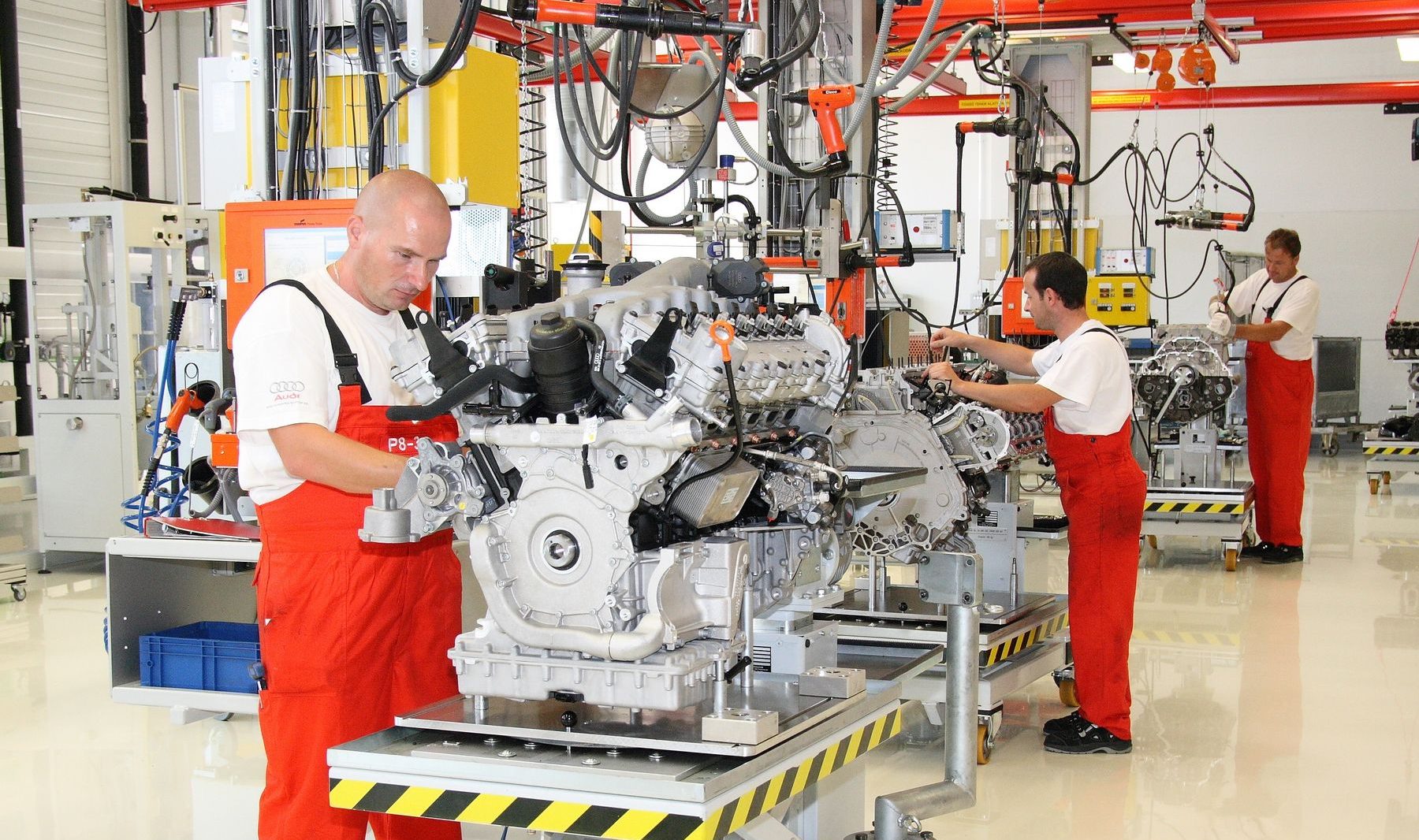
Battery recycling is currently a missing industry in Hungary.Continue reading
The battery industry currently accounts for 5.5 percent of the gross domestic product (GDP), the Minister for National Economy stressed at the IconFESZT economic policy conference in Tarcal (northern Hungary).
The minister said that Hungary exports EUR 10 billion worth of batteries and related products annually. He added that the figure could rise to 10-11 percent if the planned large factories start production.
In this sector, he emphasized, “we will be the best in the world in terms of GDP”.
He noted that the electric car sector was showing signs of slowing down. He cited Germany as an example, where subsidies for this type of car were withdrawn in a single day. Moreover, the French are subsidizing electric cars to the limit, hence there is a lot of fragmentation in this area in the European Union, the politician added.

Minister Márton Nagy. Photo via MTI/Czeglédi Zsolt
Márton Nagy indicated that a pan-European package on electric cars is being prepared. According to his data, the share of electric cars in new car sales in China has already exceeded 30 percent. This figure is around 15 percent in Europe and 5 percent in the United States. In Hungary, the figure is 6 percent. The minister pointed out that
the electric car market could pick up again in two to three years, with researchers working on better and cheaper batteries.
He added that the number of inactive people had fallen by 80,000. Anyone who wants to work in Hungary today can find a job, he stated. “Our activity rate, showing the proportion of people in the population who want to work, is sixth in the European Union.” The aim is to achieve a rate of 85-86 percent, similar to Sweden’s, and we will achieve this, he stressed. In this context, the politician noted that guest workers would only be admitted to areas where there was no longer a Hungarian workforce. The minister underlined that in the future they would be even more selective and strict than at present in the areas from which they accept workers.

Photo via Facebook/Audi Hungária Győr
According to Márton Nagy, the budget deficit was 6.5 percent last year. Meanwhile, the mild recession was accompanied by high inflation, but this was quickly overcome. He added that they are now seeing slow growth in the domestic economy.
The projected growth of 2.5 percent this year and 4.1 percent next year can only be achieved if the competitiveness of the EU is also in order,
he emphasized. The minister said that high real wage growth of 8-9 percent is expected this year. In the long term, the minimum wage and the guaranteed minimum wage “have to match”, he noted. Today, around 200,000 people receive a minimum wage in Hungary, while the guaranteed minimum wage affects 800,000 workers.
Via MTI; Featured image via Facebook/Qingdao Multinationals Summit